Postdoctoral Researchers
Saarbrücken & St. Ingbert,
Germany
Postdoctoral Positions
Postdoctoral researchers have the opportunity to work with CISPA faculty on existing lines of research, as well as develop their own research agenda under CISPA faculty supervision. Former postdoctoral researchers have moved on to take permanent position at top universities and research laboratories worldwide, including Carnegy Mellon, Microsoft Research, IMDEA and INRIA.
Qualified candidates who wish to work as postdoctoral researcher at CISPA may apply at any time. We will accept applications throughout the year for exceptionally strong candidates. To start with the application process, just click on the Apply now button!
If you hold a foreign higher education qualification (acquired outside of Germany), you might have to submit a Statement of Comparability for Foreign Higher Education Qualifications, if you are accepted. For more information (including a FAQ, how to apply, and why is it necessary), please refer to the official website (in English):
Our Research Areas & Groups
CISPA divides its research into 6 areas: Algorithmic Foundations & Cryptography (R1), Trustworthy Information Processing (R2), Reliable Security Guarantees (R3), Treat Detection & Defenses (R4), Secure Connected & Mobile Systems (R5), and Empirical & Behavioural Security (R6).
Tip: We recommend that for the best possible chance of being matched with your most compatible faculty for assessment, please familiarise yourself with the area(s) and group(s) within that you would fall into and fill out the form at the end of the application.

Highlighted Groups
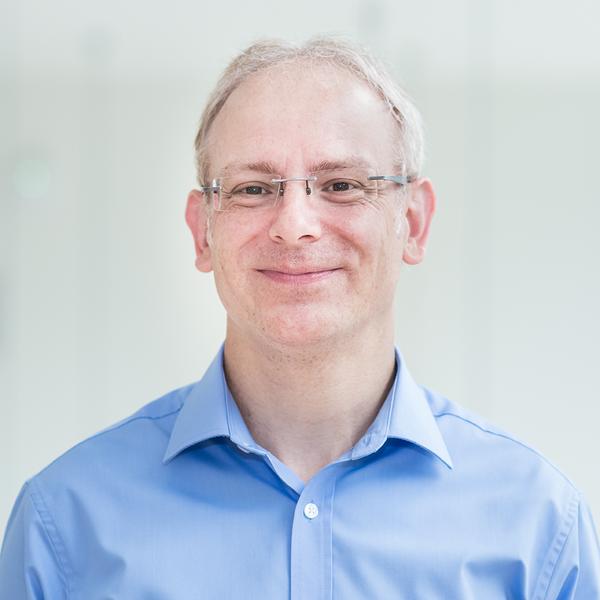
The group of Cas Cremers is looking for Postdocs with research interests in applied cryptography, provable security, automated analysis, formal methods, or protocol design. Our group works in the intersection between provable security and formal methods for automated security analysis. Our members bring together expertise from a range of subdomains, and research ranges from theory and tools (e.g. the Tamarin prover) to real-world protocol analysis (Signal, MLS, TLS). Find Cas Cremers here: https://cispa.saarland/group/cremers/index.html
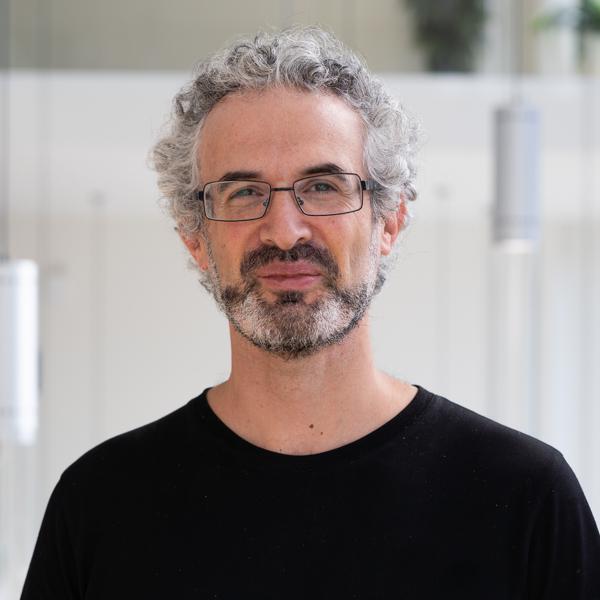
The group of Dániel Marx is looking for Postdoc researchers interested in working on the theoretical aspects of algorithms and computational complexity. Our research has a strong focus on graph algorithms, combinatorial optimization, and parameterized algorithms and complexity. For more information, see https://cispa.de/en/people/c01dama
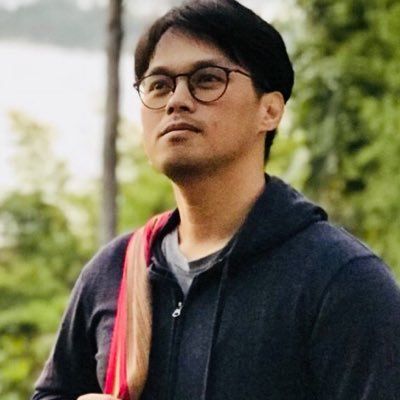
The group of Krikamol Munadet has an opening for postdoctoral researchers with a strong interest in the broad areas of machine learning (ML). The group's research aims at understanding the principles that enable autonomous agents to learn from past experience and interact succesfully with complex environments, and to use this understanding to design new learning algorithms. The research theme spans the following areas:
Prediction: How do we design ML algorithms that can cope with distrbutional shifts? The topics of interest are domain adaption (DA), domain generalization (DG), out-of-distribution (OOD) generalization, and robustness. Kernel methods, kernel mean embedding of distributions and applications thereof are our mathematical arsenal to tackle these problems.
Causation: How do we leverage cause-effect relationships in improving ML models, and conversely how do we use sophisticated ML methods to aid causal inference in complex environments? Topics of interest are unobserved confounders in causal inference, spurious correlation in machine learning, distributional treatment effects, counterfactual inference, and algorithmic decision making. Natural experiments and quasi-experimental designs such as instrumental variable (IV), proxy variables, and regression discontinuity design (RDD) offers tools to address these problems.
Regulation: How do we regulate the deployment of ML models in heterogeneous environments to ensure the democratic use of AI? Topics of interest are feedback loops and strategic behavior. To gain a better understanding of these problems, we will be adopting techniques from algorithmic game theory, mechanism design, social choice theory, and other related sub-fields of economics.
Successful candidates are expected to have an excellent Ph.D. degree in Computer Science, Mathematics, Statistics, Economics, or a related discipline with a strong record of publications in top-ier venues such as ICML, NeurIPS, UAI, KDD, EC, AAMAS, AAAI, FAccT, ICLR, AISTATS, JMLR, TPAMI, etc. Postdoc candidates with an Economics background are strongly encouraged to apply.
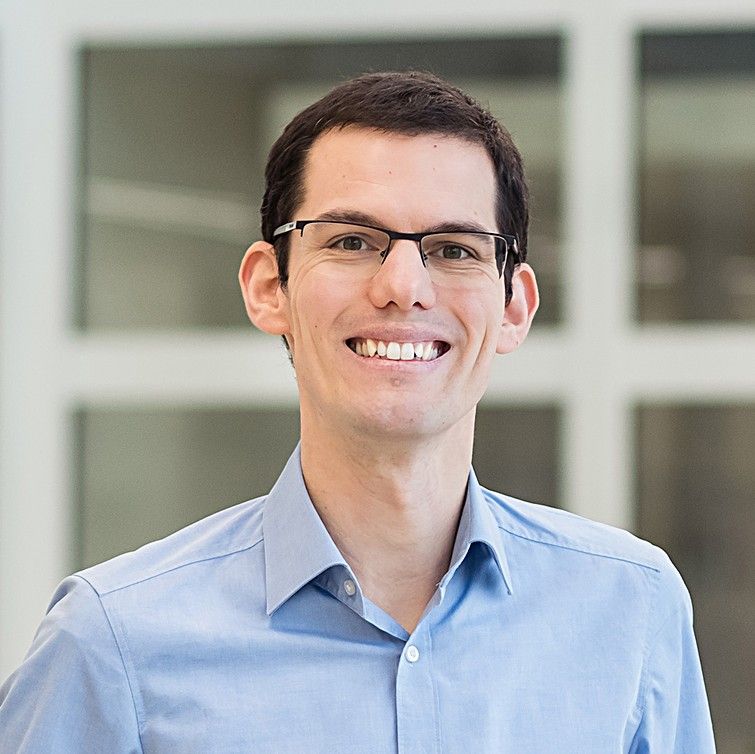
The research group of Christian Rossow in an enthusiastic research team that explores system and network security topics. We are searching for post-doctoral researchers starting at any time. Our research focuses on system and network security; network security spans practical protocol analyzing, network fuzzing, DDoS attacks and defenses, attack attribution, and traffic analysis. Our system security research is concerned about designing secure networked/distributed systems using novel trusted computing primitives (e.g., Intel TDX, AMD SEV, ARM Realms) or networking harward (e.g., P4-programmable switches, SmartNICs). Either way, our primary focus is practical high-impact research, aiming to present our results at the leading conferences in our field. We can offer you an excellent working environment on the campus of TU Dortmund, strong individual supervision, interesting and cutting-edge research topics, and world-wide collaborations. We only consider applicants that have documented experience in publishing at any of the top-tier security venues (S&P, USENIX, CCS, NDSS) in the field. There is no requirement, but surely possibilities to take responsibilities for teaching (i.e., teach only if you want).
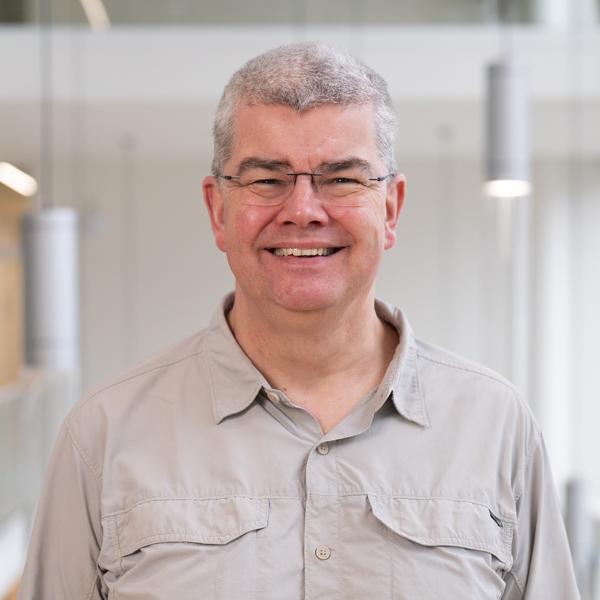
The group of Andreas Zeller is looking for Ph.D. candidates and Postdocs with research interests in program analysis, software testing, and automated debugging. Research topics include novel methods for highly efficient software testing; mining specifications for inputs and programs; synthesizing oracles; explaining software failures; and more. Find Andreas Zeller here: https://andreas-zeller.info
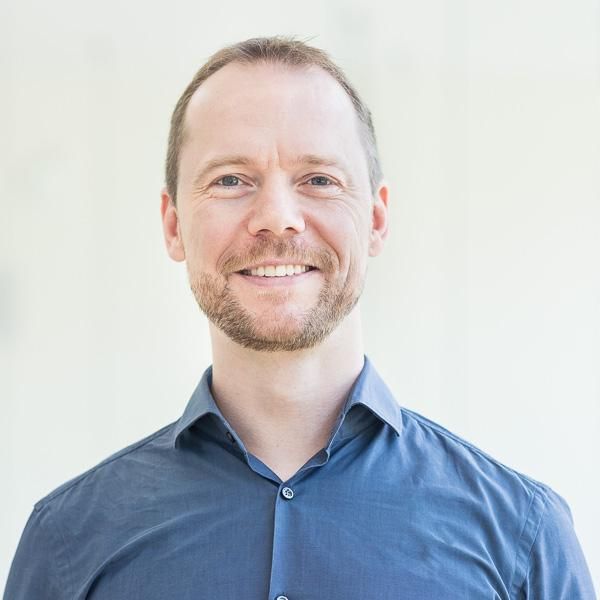
Dr. Swen Jacob's group conducts research into formal techniques for obtaining provably correct systems, with a focus on component-based systems with a parametric number of components, and complex properties including security and real-time guarantees. The techniques encompass formal verification, automatic synthesis/repair, as well as learning of systems and their properties. The mission of the group is to make it easier to obtain systems with reliable correctness guarantees.
A candidate for this position must have a strong theoretical background, with experience and a keen interest in formal methods such as model checking, formal synthesis, or related topics. Experience in distributed systems, automated reasoning, or techniques for learning formal languages is a plus.
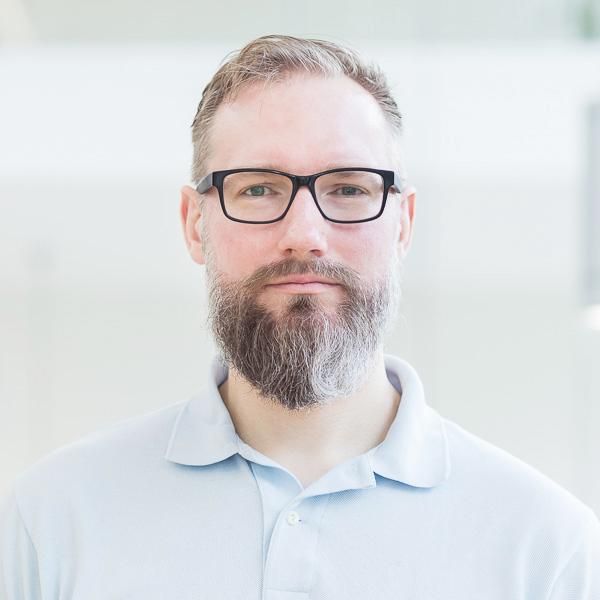
Sven Bugiel’s group focuses on system security with a strong focus on mobile and embedded platforms. This includes hardware-based security, trusted computing technology, and the intersection with usable security.
We are searching for motivated and skilled post-doctoral researchers. These are currently our areas of interest:
- Developing, extending, and integrating hardware primitives for secure and trusted computing (e.g., TALUS, simTPM), where we are looking especially into RISC-V, Intel TDX, ARM CCA, and TPM
- Intersection between mobile system security and usable security (e.g., Android rationales, Android system analysis)
- Compartmentalization of software and implementation of secure architecture principles, in particular with object capabilities (DroidCap) or new sandboxing solutions (A11y sandboxes)
- The intersection between authentication and system security and usability (e.g., FIDO2/WebAuthn or UX of 2FA)
The positions are not project-bound and allow much freedom in choosing the research projects! Thus, we also welcome new angles and directions and, in fact, expect new researchers to bring in their own ideas. More details can be found at https://trust.cispa.saarland/jobs/
Application
CISPA is committed to increasing the representation of women, minorities, and individuals with disability in Computer Science. In accordance with the Equal Opportunity Plan, CISPA aims at increasing the number of women in Computer Science, and explicitly encourages women to apply. Applications of severely disabled candidates with equivalent qualifications will be given priority. In general, we welcome applications regardless of gender, nationality, ethnic and social origin, religion/belief, disability, age, sexual orientation and identity.
In case of interest in working at CISPA, press the "Apply now" button at the end of the page. Please upload your documents in PDF format on our application platform. Applications via email cannot be accepted.
For any questions regarding the application process, please contact us at applications@cispa.de.
About CISPA
The CISPA Helmholtz Center for Information Security provides a unique work environment that offers the advantages of a university department and a research laboratory alike. As the latest member of the Helmholtz Association, the largest research organization in Germany, CISPA has embarked on a mission: to rethink the digitalized world of the future from the ground up and make it safer through innovative cutting-edge research. In the medium term, the center will grow to more than 800 employees with not less than 60 Faculty and research group leaders. Faculty receive extremely competitive institutional funding, enjoy academic freedom, and build and lead their team of young researchers, and are granted the opportunity to teach graduate and undergraduate courses.
CISPA is located in Saarbrücken, in the tri-border area of Germany, France, and Luxembourg. We maintain an international and diverse work environment and seek applications from outstanding researchers worldwide. The working language is English. A command of German is not required for a successful career at CISPA.
All information on the processing of your personal data, your statements in the application process and your data privacy rights can be found in our data privacy policy.